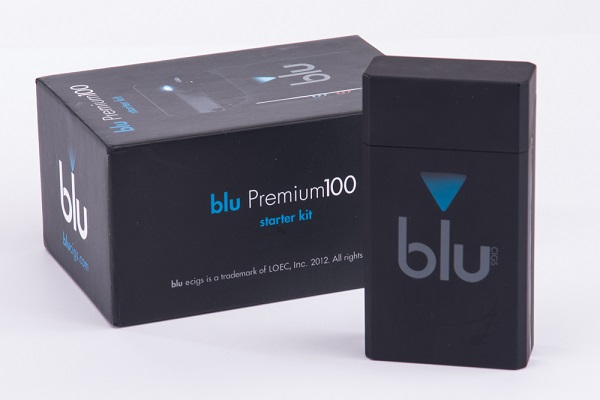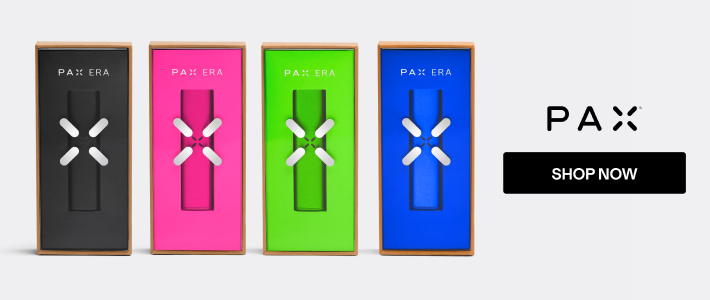 The UK-based Skycig is set to become blu eCigs in May, after also recently being acquired by Lorillard. The Big Tobacco giant that manufactures Newport and Kent cigarettes (among others) has made the notably big-business style decision to amalgamate its new asset into the established, US-based brand.
The UK-based Skycig is set to become blu eCigs in May, after also recently being acquired by Lorillard. The Big Tobacco giant that manufactures Newport and Kent cigarettes (among others) has made the notably big-business style decision to amalgamate its new asset into the established, US-based brand.
As part of the move, they’ll get £20 million (around $33 million) marketing campaign, which was described by Skycig using terms like “brand positioning” but basically amounts to shifting the advertising messages to focus more on lifestyle elements. According to Skycig founder Jacob Fuller, “As the brand blu we will stand for pride, bringing e-cigarette users back into the social fold in a society where smokers have been marginalized for a long time.”
RELATED: Read our Blu Cigs review

Ultimately, there were always a lot of similarities between Skycig and blu, with cigarette pack style portable charging kits featuring prominently and both having mini-size batteries. Lorillard have chosen more cigarette-like options than many of the pen-sized beginner-level e-cigs available, making it seem like they don’t want to move too far away from their core product. Assumedly, they were always planning to merge the two – after all, it probably doesn’t make much sense to operate two different marketing campaigns, product lines and so on when you could just do it all together. But where will this trend of Big Tobacco buying out e-cig companies and lumping them together end?
The Future of Vaping
With this move, it’s looking like blu is destined to become the McDonalds of the e-cigarette industry; ubiquitous, lucrative and yet still downright poor as a product. We’ve never really enjoyed blu, even in comparison to its direct competitors, given the terrible battery life and the disappointing flavors, and yet it’s one of the most well-known brands in the industry. The really depressing thing about this story is the potential glimpse into the future it offers.
If the coming regulations are stringent to the point where many small businesses can’t meet the requirements (financial or otherwise), and particularly if they threaten the refillable market, the cig-a-like options may be all we have left. But they’re being swept up by tobacco companies, and are now being homogenized into a single entity. The character is slowly being sapped out of the industry and replaced with mega-corporations trying to shove second-rate products down your throat with the help of colossal advertising budgets. That could be the future, a few unimpressive products peddled by giant corporations.
But of course, we now know that the nicotine delivery from these cig-a-likes isn’t anywhere near enough to produce a cigarette-like dose, whereas new generation mods have a greater potential (although they still don’t provide as much nicotine as smoking). The question is: will this be all we have left? Will we be left with a tiny selection of ineffective cig-a-likes, hindered by arbitrary caps on nicotine limits and peddled by tobacco giants?
It might just be a somewhat expected rebranding, but it’s a bit of a harsh reminder that Big Tobacco is starting to do the sort of things big corporations do. It’s only really an issue because it forces us to look at the potential dystopian future of vaping.

